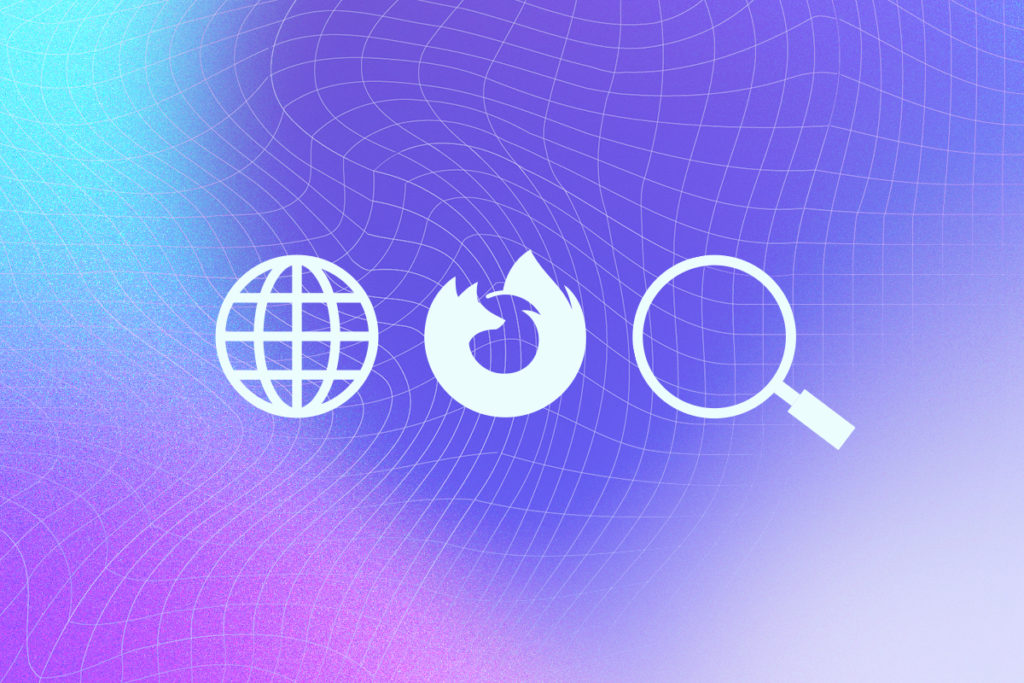Real talk: this web stuff can get confusing. And it’s really important that we all understand how it works, so we can be as informed and empowered as possible. Let’s start by breaking down the differences between the internet, browsers, search engines and websites. Lots of us get these four things confused with each other and use them interchangeably, though they are different. In this case, the old “information superhighway” analogy comes in handy.

Let’s start by breaking down the differences between internet, search engine, and browser. Lots of us get these three things confused with each other.
In this case, the old “internet superhighway” analogy comes in handy.
The internet
The internet is the superhighway’s system of roads, bridges and tunnels. It is the technical network and infrastructure that connect all the computers and devices that are online together across the world. Being connected to the internet means devices, and whoever is using them, can communicate with each other and share information.
Browsers
The browser is the car that gets you everywhere. You type a destination into the address bar and zoooom: your browser takes you anywhere on the internet. Firefox is a browser — one built specifically for people, not profit.
Search engines
Search engines like Yahoo, Google, Bing and DuckDuckGo are the compass and the map. You tell a search engine an idea of where you want to go by typing your search terms, and it gives you some possible destinations. Search engines are websites, and they can also be apps. More on apps later.
Websites and the web
Effectively, you drive along the internet highway, stopping at whatever towns, stores and roadside attractions catch your fancy, aka websites. Websites are the specific destinations you visit throughout the internet. This is the content — the webpages, websites, documents, social media, news, videos, images and so on that you view and experience via the internet. The “web” (which is short for “world wide web”, hence “www”) is the collection of all these websites.
Apps
Any program that you download and install on your device is an app. Browsers are apps. Some websites — like Facebook, YouTube, Spotify and The New York Times, for example — double up as apps, so you get the same or similar content on the app as you would on the corresponding website.
The key thing to remember about apps, especially social media apps, is that while they are accessed via a connection to the internet (the infrastructure), content on them does not represent the full web. It’s just a slice. In addition, not everything published in an app is necessarily publicly accessible on the web.
The web is the largest software platform ever, a great equalizer that works on any device, anywhere. By design, the web is open for anyone to participate in. Read more about Mozilla’s mission to keep the internet open and accessible to all.
Know someone who gets these things mixed up? It’s easy to do!
Pass this article along to share the knowledge.
This post is also available in: Deutsch (German) Français (French)